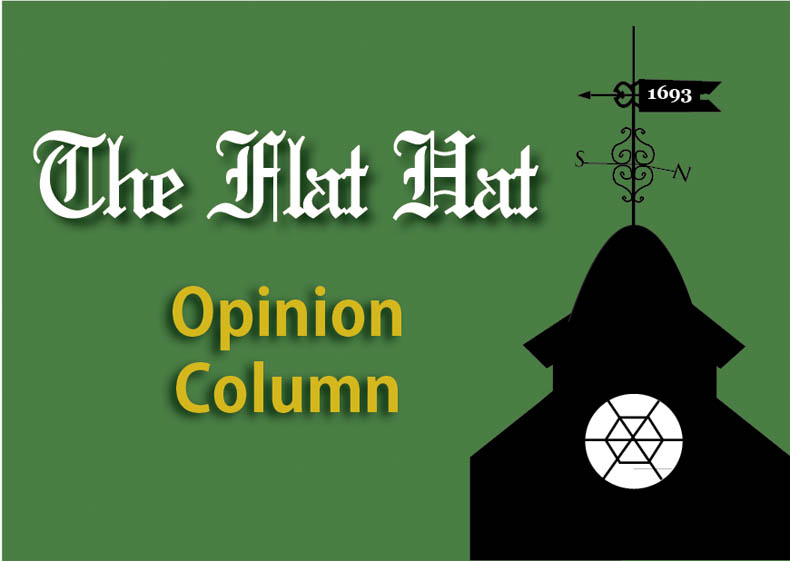Thomas Briggs’ article, “It’s a Hookup Culture, Not a Rape Culture,” was misguided on a few levels and his core argument could certainly have been represented better. But I’m astounded by the number of people who feel justified in attacking his piece not based on its fallacies, but rather on his status as a white, cisgendered, heterosexual male.
As a matter of principle, no voice should be excluded from this discussion on the basis of their demographics. Recognizing the differences in experience between males and females on campus is important, but invalidating the opinions of some will only erode discourse until we only exist in echo chambers. We should all be able to speak to experiences and concepts that we have not lived, while maintaining a reasonable awareness of where our positions come from. Just because someone doesn’t have a uterus doesn’t mean they can’t have an opinion on abortion; “whiteness” doesn’t preclude one from having opinions on police brutality or affirmative action (although please pay attention to the ways your experience might differ). Be aware of where you come from — your privilege, as some might call it — and be aware of your own potential fallibility, but don’t try and filter some people out of the conversation. It doesn’t do much good.
In my understanding, feminists, social justice warriors and people on the far left are fundamentally concerned with ending oppression and encouraging diversity — principles that I, too, value. So why do those values often stop short when dealing with white, cisgendered, heterosexual males? Perhaps they come from places of more privilege and greater wealth, but does that invalidate their thoughts and opinions? I’m afraid that to many, the answer is yes.
When you attack people based on their demographics, you turn the conversation from one of productivity and education to one of hostility. Stop discrediting the experiences and opinions of others. It’s a bad tactical move, and it’s also diametrically opposed to the values you claim to hold. There’s a way to have a conversation about demographics, privilege and differing experiences without alienating your audience and inciting hostility.
In the context of Briggs’ article, I can understand why people — women especially — would be more sensitive to the differences between their lived experiences and his. Perhaps we have a communal responsibility to expand his view, to contribute more stories, to share more experiences so the nuances of sexual assault can be better understood — but I don’t think it is empathetic or useful for us to filter certain demographics out of the conversation.
Email Liz Wolfe at elwolfe01@email.wm.edu.

